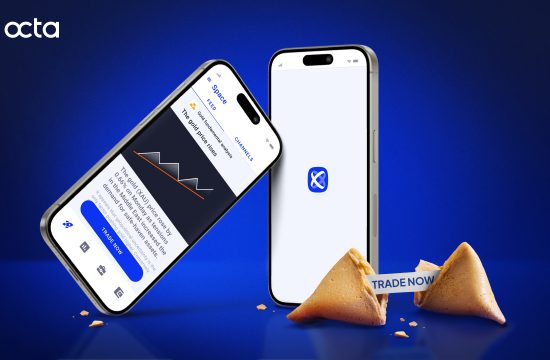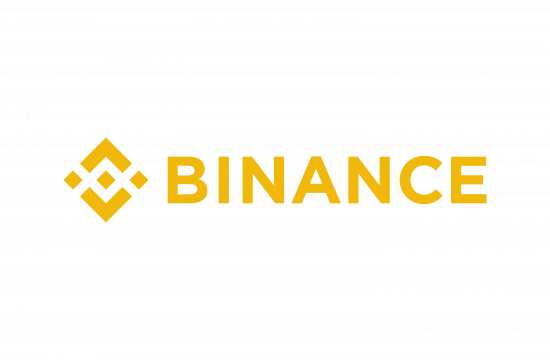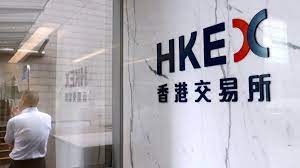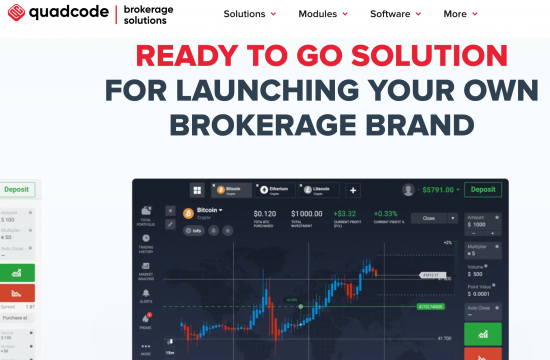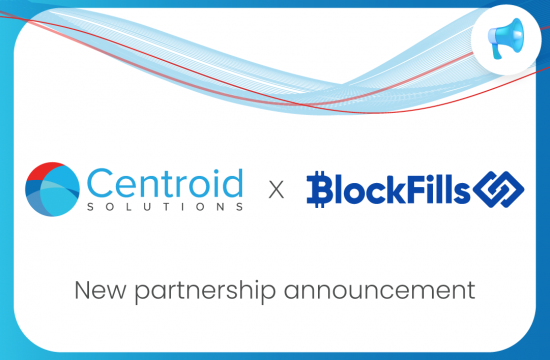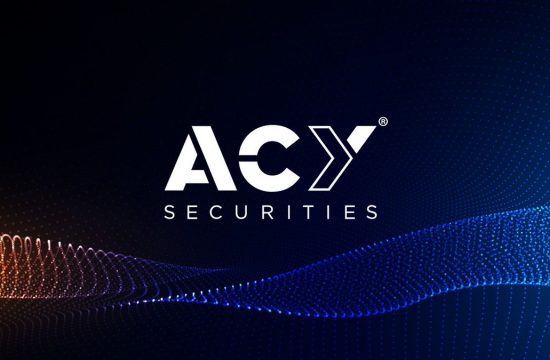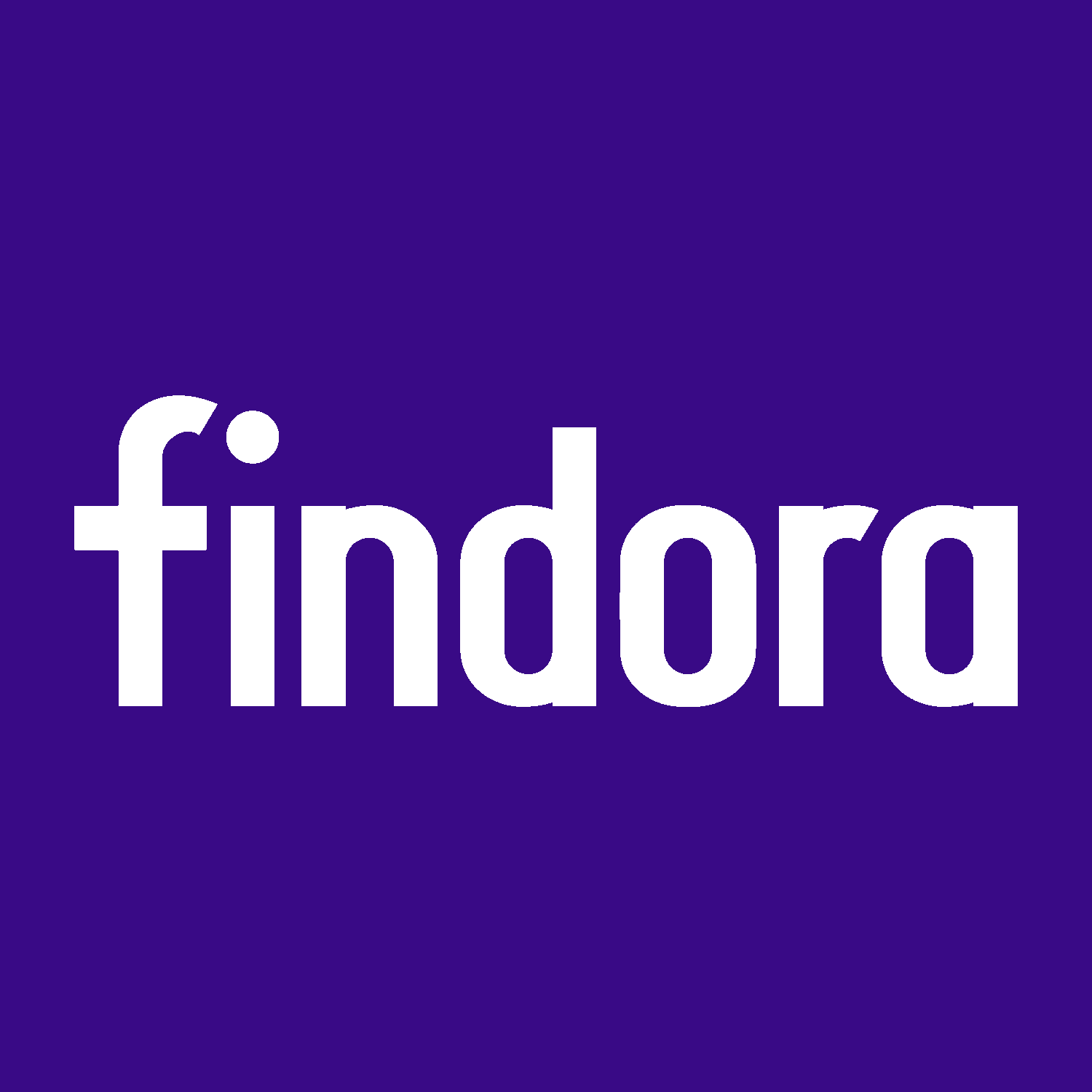 Findora, a cryptographically transparent public blockchain for building financial applications, was announced to the world this week and is promised to boast the highest standards of confidentiality, auditability, and interoperability required in open banking, asset securitization, trading systems, and peer to peer (P2P) lending solutions.
Findora, a cryptographically transparent public blockchain for building financial applications, was announced to the world this week and is promised to boast the highest standards of confidentiality, auditability, and interoperability required in open banking, asset securitization, trading systems, and peer to peer (P2P) lending solutions.Headed by experienced entrepreneurs and Stanford academics, including Charles Lu, Ben Fisch, Benedikt Bünz, and John Powers, Findora will be first applied on a smart asset ecosystem, an open banking platform, and a P2P lending platform, through Findora’s platform, called ‘Finapps’.
Ben Fisch, Co-Founder and Chief Technology Officer at Findora, said:
“The global financial system is fundamentally broken, inaccessible, and lacking transparency. It needs blockchain’s transparent nature, but also has strict privacy and regulatory requirements that ordinary blockchain systems fail to meet. The Findora platform will create a global network of DLT (Distributed Ledger Technology) based financial services applications that leverages bespoke technology for confidential transactions, balancing the need for privacy and regulatory compliance. Our infrastructure will drive forward a world where users control their own data, identity, and financial assets.”
Findora, which will boast the highest standards of confidentiality, auditability, and interoperability, will have a multitude of applications. These include open banking, asset securitization, trading systems, and peer to peer (P2P) lending solutions. The first applications to be built on Findora’s platform, called ‘Finapps’, will include a smart asset ecosystem, an open banking platform, and a P2P lending platform.
Using zero-knowledge proof technology, Findora ensures data encryption for digital identities, transactions amounts, and transaction metadata, while still complying with regulatory requirements.
FIN – Findora’s central network – which offers interoperability between public, private and consortia ledgers, allows transactions of data across applications and between parties. The network can connect to private ledgers, comparable to an Internet of independent, interoperable financial ledgers. The project designed a compliant and programmable interface which facilitates the transformation of any financial assets into software, allowing for the smooth movement and transfer of data across applications and parties.
Benedikt Bunz, Co-founder, and Head of Research of Findora, said:
“Billions of dollars are lost each year due to security fraud, as a direct result of dishonest and opaque asset management. We want to address these kinds of inefficiencies, by building cryptographically transparent financial ledgers. By putting assets and financial agreements on a distributed ledger, we want to combat fraud, offset the financial and administrative burdens of compliance, and enable innovative types of capital markets. A fully confidential, auditable platform – once a lofty ambition, is now available to the world.”
Charles Lu, CEO of Findora, added:
“Findora’s aim is to recreate the financial world using decentralized technology. We want to bring unbanked populations into the financial system, to remove costly intermediaries, and to solve uneven access to financial services and capital markets. We believe in worldwide financial democracy, where users also have ownership of their financial transaction data and a complete understanding of how this data is shared. Findora will bring increased control, accessibility, and transparency to the financial space.”
Fisch and Bünz, CTO and Head of Research respectively, have offered inventions within the blockchain ecosystem, including Bulletproofs, verifiable delay functions, and Filecoin’s proof-of-storage.



